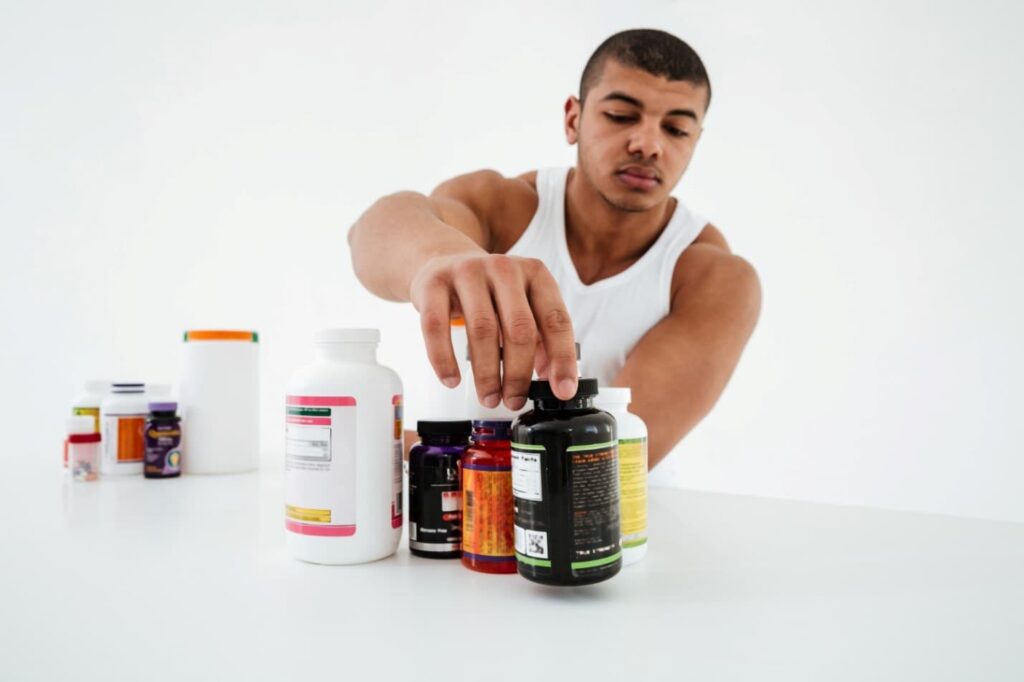When it comes to excelling in long-distance sports like marathon running, cycling, triathlons, or ultramarathons, a finely tuned body is just as important as a well-maintained sports equipment. Endurance athletes push their physical limits, and proper nutrition is the fuel that powers them through those grueling hours of training and competition. This article will delve into the essential components of nutrition tailored for endurance athletes. We aim to enhance your dietary regimen to achieve the highest level of performance in long-distance activities.
The Foundation: Balanced Macronutrients
To establish a robust nutritional base for endurance sports, focusing on macronutrients: carbohydrates, proteins, and fats is vital.
Carbohydrates are an endurance athlete’s best friend. They are stored as glycogen in the muscles and liver, which serve as the primary energy source during prolonged exercise. Aim to make carbohydrates 50-60% of your daily caloric intake. Choose complex carbohydrates such as whole grains, fruits, veggies, and legumes, as they offer a sustained release of energy.
Proteins are essential for muscle repair and growth. Strive to obtain 15-20% of your daily calories from lean sources like chicken, turkey, fish, tofu, and legumes. During prolonged exercise, your muscles may experience microtears, and adequate protein intake supports their repair and recovery.
Pro Tip: Consider a carbohydrate-rich snack 30 minutes to an hour before your workout, such as a granola bar or a piece of fruit, to top up glycogen stores.
While fats are typically less of a direct energy source during exercise than carbohydrates, they become crucial during long-distance efforts. About 20-30% of your daily caloric intake should come from healthy fats like avocados, nuts, seeds, and olive oil. These fats provide a slow-burning energy source and help maintain overall health. For more insights into optimizing your long-distance athletic performance, check out https://playfortune.net.br.
Meal Timing: Pre-, During, and Post-Exercise
The timing of your meals is just as important as their composition. Before a long-distance event, consume a balanced meal rich in carbohydrates, moderate protein, and low fat. This meal should be eaten 3-4 hours before exercise to allow digestion and prevent discomfort during your activity. Include foods like oatmeal, bananas, and a small portion of lean protein.
Maintaining energy levels for activities lasting longer than 90 minutes becomes crucial. Consume easily digestible carbohydrates, such as energy gels, sports drinks, or dried fruits, for a quick energy boost. Remember to stay hydrated, as dehydration can decrease performance and discomfort.
After your long-distance workout or competition, focus on recovery. Within 30 minutes, consume a meal or snack of carbohydrates and protein to kickstart muscle repair and glycogen replenishment. A turkey and avocado sandwich on whole-grain bread or a protein smoothie with fruits are excellent choices.
Hydration: Stay Ahead of the Game
Proper hydration is often underestimated but is paramount for endurance athletes. Dehydration can result in tiredness, muscle cramps, and reduced performance.
Sip on water regularly throughout your training sessions and competitions. Consider sports drinks containing electrolytes to replace lost salts for more extended events. Pay attention to your body’s signals and adjust your fluid intake accordingly.

Supplements: Enhancing Endurance Performance
While a well-balanced diet forms the cornerstone of an endurance athlete’s nutrition, there are instances where carefully chosen supplements can provide that extra edge. It’s essential to note that accessories should complement, not replace, a nutritious diet, and consult a healthcare professional or sports nutritionist before taking any supplements is advisable.
Common Supplements for Endurance Athletes
- Electrolytes: During long-distance events, you can lose significant amounts of electrolytes through sweat. Electrolyte supplements or sports drinks can help maintain electrolyte balance and prevent muscle cramps.
- Branched-Chain Amino Acids (BCAAs): BCAAs, such as leucine, isoleucine, and valine, are crucial for muscle recovery. They can be beneficial during extended workouts or competitions to reduce muscle damage and fatigue.
- Creatine: Creatine supplementation has been shown to improve performance in high-intensity, short-duration activities. While there may be other choices for endurance athletes, it can have benefits during strength training sessions.
- Beta-Alanine: This supplement can help increase muscle endurance by reducing lactic acid buildup. It’s particularly useful in sports involving repeated high-intensity effort bouts, such as sprinting.
- Iron: Iron deficiency can lead to fatigue and reduced performance. Athletes, especially female athletes, should monitor their iron levels and consider supplementation if they are deficient.
- Vitamin D: Adequate vitamin D is essential for bone health and overall performance. Athletes with limited sun exposure may benefit from vitamin D supplements, but checking levels first is important.
Keep in mind that supplement needs can vary significantly among athletes. What works for one person may only work for one person. Factors like training intensity, dietary habits, and individual biochemistry play a significant role in determining which supplements, if any, are appropriate. When considering supplements, consult a healthcare professional or sports nutritionist who can assess your needs and help you develop an individualized supplement plan. Furthermore, consistently opt for well-established brands and adhere to recommended dosages to guarantee safety and effectiveness.
Conclusion
If you’re interested in the importance of safety in endurance sports, especially in online gaming, explore this site https://playfortune.net.br/cassinos/seguro. Nutrition plays a pivotal role in the success of endurance athletes. By focusing on a balanced diet rich in carbohydrates, proteins, and fats, timing your meals effectively, staying hydrated, and considering supplements when necessary, you can optimize your diet for long-distance performance. Remember, it’s not merely about reaching the finish line; it’s about finishing strong and in your best form.
